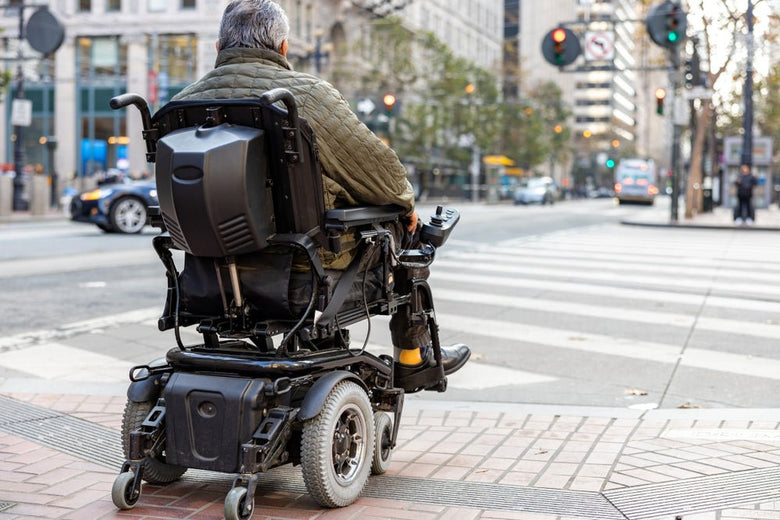The phenomenon of glassy eyes in the elderly can often be concerning for both seniors and their loved ones. This condition, characterized by a shiny or glazed appearance of the eyes, may indicate various underlying health issues. Understanding what causes this condition is crucial, especially given the complex health landscape in the elderly population.
Glassy eyes can be attributed to several factors ranging from simple lifestyle choices to complex medical conditions. Recognizing these causes empowers caregivers and seniors to take proactive steps in addressing the condition, providing not just relief but also enhancing overall wellbeing.

Common Causes of Glassy Eyes
1. Dehydration
Dehydration is a common cause of glassy eyes. Seniors often experience reduced thirst sensation, leading to inadequate fluid intake. This lack of hydration can lead to dry, glassy eyes.
2. Medication Side Effects
Many medications, especially those used to treat chronic conditions in the elderly, have side effects that include causing dry or glassy eyes. It’s important to consult with healthcare providers about any side effects experienced.
3. Fatigue
Fatigue is another contributor. Lack of sleep or overexertion can lead to a glazed appearance of the eyes, making them look dull and tired.
Medical Conditions Leading to Glassy Eyes
4. Allergies
Allergies can cause the eyes to appear watery or glassy due to irritation and inflammation.
5. Eye Infections
Conditions such as conjunctivitis or other infections can cause swelling and result in a glassy appearance in the eyes.
6. Neurological Disorders
Neurological conditions like Parkinson’s or Alzheimer’s disease can affect the nervous system, impacting the eyes and contributing to their glassy look.
7. Diabetes
Diabetic retinopathy is a condition resulting from long-standing diabetes that affects the eyes and can lead to a perpetual glassy appearance.
Preventive Measures and Treatments
8. Staying Hydrated
Encouraging adequate fluid intake can help prevent dehydration and subsequently prevent glassy eyes.
9. Regular Eye Check-ups
Routine eye exams can help detect conditions early on, making it easier to manage symptoms before they progress.
10. Managing Allergies
Using prescribed antihistamines or eye drops can reduce allergy symptoms that cause glassy eyes.
11. Balanced Diet
Consuming a diet rich in antioxidants and omega-3 fatty acids supports eye health and can alleviate symptoms related to glassy eyes.
Importance of Professional Consultation
12. Consulting Ophthalmologists
An eye specialist can provide valuable insights and treatment options for those experiencing persistent symptoms.
13. Medication Review
Consulting with a healthcare provider to review current medications can help identify any that may be contributing to the issue.
14. Monitoring Chronic Conditions
Regular follow-ups for chronic conditions like diabetes or neurological disorders are crucial in managing symptoms effectively.
15. Seeking Alternative Solutions
Exploring alternative therapies such as acupuncture or herbal remedies may offer relief for some individuals.
For a deeper understanding of elderly care, visit this comprehensive guide.

FAQs
What should I do if an elderly person has glassy eyes? It is advised to consult a healthcare provider to determine the underlying cause and appropriate treatment.
Can dehydration cause dry, glassy eyes? Yes, dehydration is a common cause, and ensuring adequate hydration is critical to avoid this condition.
Are glassy eyes a sign of an underlying medical condition? They can be. It is vital to explore possible medical conditions linked with glassy eyes, such as diabetes and neurological disorders.
Explore more about enhancing elderly nutrition by reading our detailed article on increasing appetite in elderly.
Dive into solutions for dizziness in seniors with our article on treating dizziness at home.
This article contains affiliate links. We may earn a commission at no extra cost to you.

